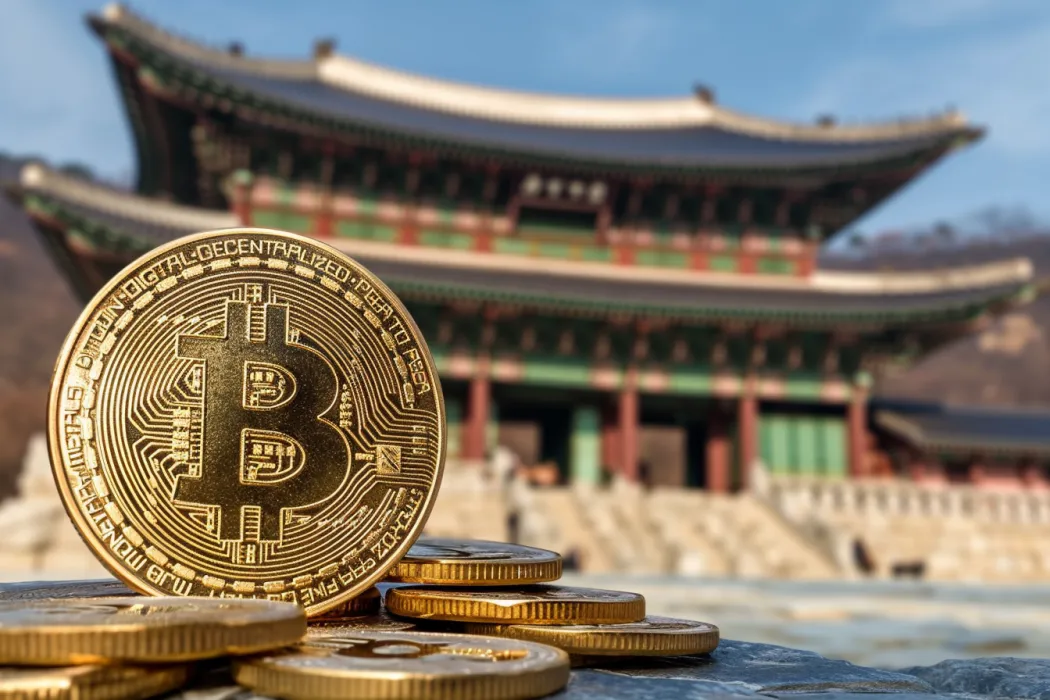South Korea's much-anticipated Virtual Asset User Protection Act (VAUPA) officially came into effect on July 19, 2024, marking a significant step towards regulating the country's booming cryptocurrency market.
VAUPA, which "intends to establish a sound order in the virtual asset market and ensure protection for users," mandates stricter custody protocols for cryptocurrency exchanges. Exchanges are now legally obligated to store at least 80% of user deposits in cold storage, a secure offline environment isolated from potential cyberattacks. Additionally, user fiat deposits must be held in licensed banks, further segregating them from exchange funds, according to a notice on the Financial Services Commission (FSC) website.

To prevent illegal activities like market manipulation, exchanges are required to implement real-time monitoring systems that can detect suspicious trading patterns. The FSC, South Korea's top financial regulator, will have the authority to penalize or suspend services of non-compliant exchanges. The FSC has also established a 24/7 surveillance network in collaboration with domestic exchanges to actively monitor suspicious activity in the crypto market.
While VAUPA represents a major step in regulating the crypto market, experts believe it's just the first piece of the puzzle. Kim Hyoung-joong, president of the Korea Fintech Society, told The Block that there is still a need for regulations governing the issuance of new cryptocurrencies, currently a legal grey area. Additionally, the ban on institutional investment in crypto and the future of stablecoin regulations remain undecided.
South Korea boasts one of the world's most active crypto markets, with the Korean won surpassing the US dollar as the preferred fiat currency for crypto trading in Q1 2024. The government aims to strike a balance between safeguarding investors and fostering a healthy environment for innovation within the crypto industry.
The introduction of VAUPA comes amidst ongoing discussions about delaying the implementation of a 20% capital gains tax on crypto profits. Initially planned for 2022, the tax has already been postponed once due to industry backlash. The current bearish market and concerns about hindering innovation have prompted calls for a further delay, potentially until 2028.








